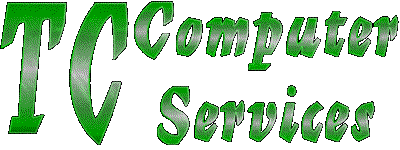|
|
|

![]()
Your new PC comes with a warranty... but warranties expire and sooner or later, and eventually, your PC may require service. Maintaining your personal computer is critical for retaining it's performance. If you keep installing programs and never uninstall any, eventually your PC will run out of hard drive storage space and your Windows operating system will start to perform strangely. When you install a program, many entries are made into the Windows registry. The Windows registry is a database used by the Windows operating system (Windows 95 and NT ) to store configuration information. The Registry consists of the following major sections:
HKEY_Classes_Root - file associations and OLE information
HKEY_Current_User - all preferences set for current user
HKEY_User - all the current user information for each user of the system
HKEY_Local_Machine - settings for hardware, operating system, and installed applications
HKEY_Current_Configuration - settings for the display and printers
HKEY_Dyn_Data - performance data
Most Windows applications write data to the registry, at least during installation. During un-installation the data that was written to the registry is usually NOT removed. The result is your PC's registry keeps getting larger. When you start any application, Windows goes into the registry to look up the values it needs to start the program and all its components. The larger the registry files are, the longer it's going to take Windows to find the information it needs. If the registry contains a lot of useless data, over time you will gradually notice your computer's response to your request to start a program slowing down. You can edit the registry directly by using the Registry Editor (regedit.exe) provided with the operating system. However, you must take great care because errors in the registry could disable your computer. It is very important that you backup your registry before making any changes to it. Third-party software is used to clean-up your Windows registry by removing the useless data entries.
Click here to contact us
© 2001-2007 TC Computer Services